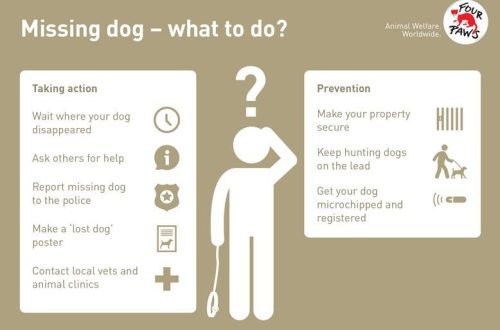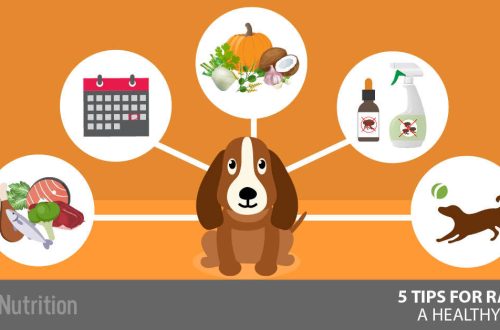
Why a dog hiccups: causes and first aid
Contents
Hiccups in dogs and puppies: causes
Hiccups are an involuntary contraction of the diaphragm caused by spasm of the intercostal muscles and irritation of the vagus nerve. Normally, this condition can last for several minutes.
The most common cause of hiccups is air entering the stomach, for example, if the dog eats or drinks very quickly. It is also not uncommon for pets to hiccup in stressful situations, from hypothermia, as well as from lying in an uncomfortable position for a long time.
In puppies, hiccups are more common than in adult dogs: experts believe that this is a residual reflex, which during prenatal development helped strengthen the lungs and muscles of the esophagus. In pregnant females, hiccups can occur because the uterus enlarges and presses on the vagus nerve.
What to do if the dog hiccups:
- Hiccups caused by prolonged immobility are easily overcome with walking, running, or playing games.
- You can lead the pet, holding the front paws, so that he walks behind the owner on the hind legs. This will help the air out of the stomach.
- If the dog is cold, you need to warm it with a heating pad, a warm blanket or active movement.
- With hiccups from stress, you need to eliminate the root cause. You should pet the dog, talk to it affectionately and take it to a quiet place.
- If the puppy hiccups often after eating, you can pour him warm water and massage the abdomen.
- Distract the dog with something unexpected – a loud sound or a noisy toy.
If the hiccups persist despite the owner’s best efforts, it’s time to visit the vet. Perhaps the dog hiccups due to health problems and needs to see a doctor.
Hiccups as a symptom of the disease
Frequent and prolonged hiccups are not a separate disease. But it can signal that the pet is not all right with the respiratory tract, cardiovascular system or central nervous system.
For example, irritation of the vagus nerve can occur with helminthic invasion, bronchitis, pneumonia, inflammatory diseases of the gastrointestinal tract, myocardial infarction, stroke, severe poisoning, etc. To exclude these dangerous diseases, a thorough examination is necessary.
See also:
- How to protect your dog in cold weather
- How to help a dog with a sensitive stomach?
- Healthy skin and coat





